Cabo Delgado court begins sale of assets of former cotton giant Plexus Mozambique
Mozambique once again leads representation of global cotton producers
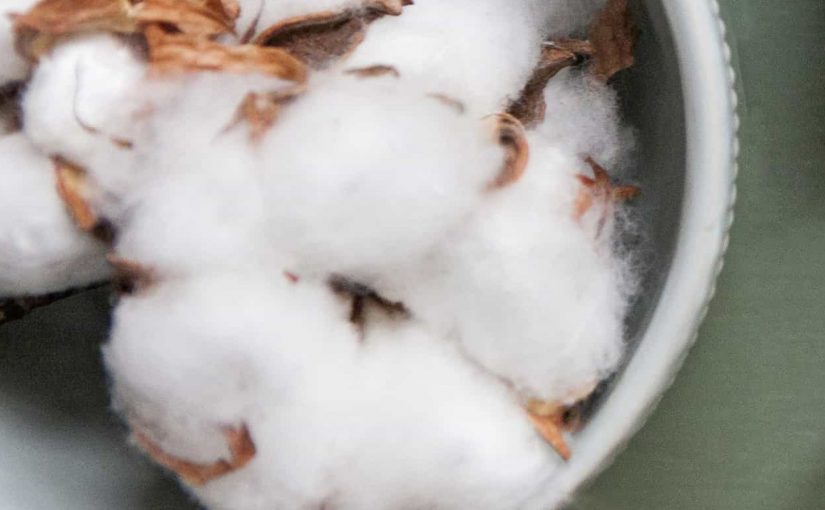
File photo: Lusa
The chairman of the Mozambican Cotton Association (AAM), Francisco Ferreira dos Santos, has been reappointed as the leader of the Permanent Producers Committee of the Private Sector Advisory Council of the International Cotton Advisory Committee (ICAC).
According to a note released this Tuesday (27), Dos Santos will represent global cotton producers until the end of 2026, thus confirming the international recognition of the contribution of the Mozambican cotton sector to the sustainable development of the global cotton value chain.
Quoted in the same note, Francisco Ferreira dos Santos says that his reappointment demonstrates the respect that Mozambique has earned within the international cotton community and “reinforces our country’s position as a relevant interlocutor in discussions on agricultural policies, international trade and sustainability, despite our insignificant size in the global production matrix of this crop”.
“The chairmanship of the ICAC producers’ committee will allow AAM to continue to influence global policies, promote the international image of Mozambican cotton and ensure that the challenges of African family farmers are heard in decisive forums,” he adds.
READ: Mozambique will represent private sector in the global cotton industry
The ICAC, an intergovernmental organization based in Washington, has brought together cotton-producing and consuming countries since 1939 and is recognized as the United Nations’ technical partner for this crop. The Private Sector Advisory Council’s mission is to represent the interests of the private cotton industry with member states, promoting dialogue, cooperation and innovation throughout the value chain.
Mozambique has stood out for its integrated agricultural model, with more than 100,000 families involved, promoting cotton in diversified production systems, based on the principles of traceability and sustainability, which have a huge impact, not only on the diversification of the production base and the resilience of communities, but also on the regeneration of the environment and soils in particular.
The AAM argues that cotton is a strategic crop, not only for export, but above all for the food security of rural populations, through the integrated production of corn, beans and other oilseeds.
In addition to cotton fibre, the crop also includes the production of cottonseed, a strategic product for the production of cattle feed and vegetable oils, for food or energy use, and is therefore an anchor crop for industrialization and the creation of value and employment.


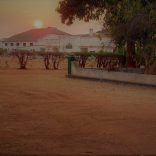
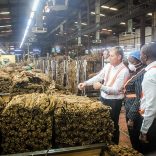


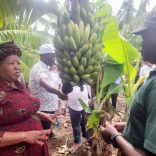
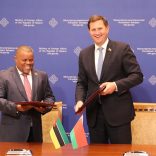




Leave a Reply
Be the First to Comment!
You must be logged in to post a comment.
You must be logged in to post a comment.